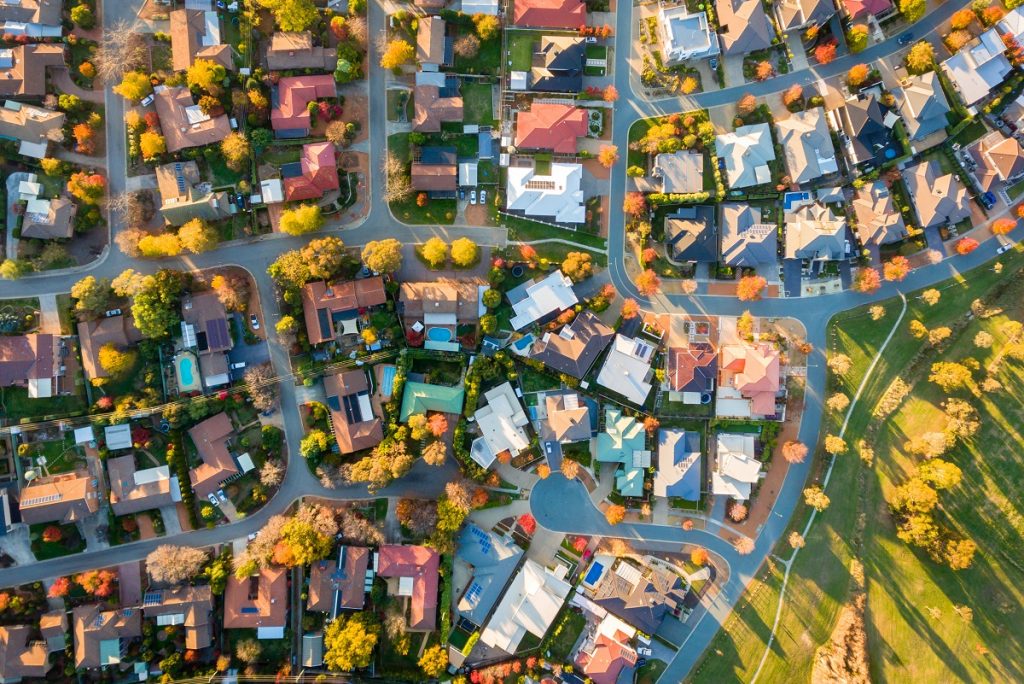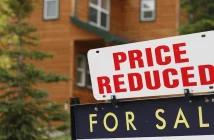Surging house prices, rising mortgage rates and low growth in wages has led to further deterioration in housing affordability, CoreLogic’s bi-annual Housing Affordability Report finds

All but one of CoreLogic’s four measures of affordability nationally have deteriorated to their worst levels on record.
CoreLogic Chief Property Economist, Kelvin Davidson, says we know that house prices have continued to rise and that wages have been flatter, which unfortunately means there’s no avoiding the reduction in affordability.
“While historically some other supports such as low mortgage rates, KiwiSaver funds for a deposit, or high LVR lending speed limits may have helped people find a way over the affordability hurdle in recent years, this has a limit.”
Value to income ratio reaches record high of 8.8 in Q4 2021
The average property across NZ is now worth 8.8 times’ the average annual household income, up sharply from 8.3 just three months earlier.
“This figure has pushed out to a new record high in each of the previous four quarters, and well beyond the long term average of 5.9. This drastic fall in affordability illustrates how property value growth has significantly outpaced incomes lately. In fact, since March 2020 (when COVID hit), property values increased by 38% while household incomes rose by less than 3%,” says Davidson.
Of the main centres, Tauranga is the least affordable with a value to income ratio of 11.9, a new record high. Auckland (10.1), Dunedin (9.1), Hamilton (8.6), Wellington (8.3) and Christchurch (6.9) all recorded new record high value to income ratios in Q4 2021. Each of the 12 ‘main urban areas’ (outside the main centres) reached new highs on this measure.
It now takes 11.7 years to save a deposit
The years to save a deposit measure increased to a record high of 11.7 years at the end of 2021, up sharply from 11.1 years at the end of September 2021 and well above 9.3 years from a year ago.
“Housing affordability has gotten significantly worse on this measure. Historically the average years to save a deposit has been 7.9, meaning it now takes almost four years longer today than in the past. Comparing today’s figure to previous cyclical peaks is also worrying, with this measure topping out at 8.1 years in mid-2007 and 9.4 years in late 2016,” says Davidson.
Every main centre and main urban area climbed to a new record high on this measure in Q4 2021. Tauranga has the longest period of time required to save a deposit, at 15.8 years (up sharply from 14.7 just three months earlier and 12.5 a year ago).
Half of household income is now required to service a mortgage
Currently 48% of gross household income is required to service an 80% LVR mortgage (based on the average property value, with the mortgage over a 25-year term), up very sharply from 42% just three months ago and 33% in Q4 2020. Of that 15 percentage point deterioration on this measure through 2021, about 6 percentage points can be explained by the general rise in mortgage rates with the remaining 9 percentage points due to property value increases.
“Compared to the long-run average of 37%, the latest reading clearly signals a rapid deterioration of housing affordability on this measure – and indeed, is only a little below the sustained 2007-08 peak of 50%,” Davidson says.
Auckland’s record 55% share of household income required to service a mortgage has just surpassed its previous peak of 54% that was seen over 2007-08. Hamilton (47%) and Dunedin (49%) also set new record highs.
Rental affordability reaches new record low
Rental costs have also worsened and now absorb 22% of gross average household income, another record high. However Davidson warns that the reality may be a lot worse.
“It needs to be noted that some renting households will be earning much less than the national average income which is what this measure is based on, which means their housing affordability position will actually be worse than these figures suggest.
“Despite recent policy changes affecting tax deductibility, landlords can’t always pass on higher costs to tenants in the form of rent increases. At the end of the day, tenants’ affordability is anchored by the pace of their wage increases, which has been fairly low recently. But for now, it’s clear landlords have the upper hand,” says Davidson.
Rental affordability has been steadier around the main centres, although Tauranga does look a bit more stretched – currently 30% of gross average household income is required to pay rent.
Davidson says almost 12 years to save a deposit is a stark indicator, but we’ve also now got the mortgage payment measure up at 48% of income too. All else equal, it would only take another 0.5-0.6% rise in a typical mortgage rate for this measure of affordability to further deteriorate to the worst level on record. That scale of increase could easily be seen this year, perhaps even by the middle of the year, as the official cash rate rises further. All eyes will be on the Reserve Bank when they meet next week for the February OCR review.
“The really striking thing is that this would be a mortgage rate of low 5%’s, versus the previous peak for mortgage repayments of 50% in 2007-08 when mortgage rates were almost double that level. This just illustrates the sheer scale of the rise in house prices, which has pushed affordability to record lows, and means that any given change in mortgage rates has more ‘bang for buck’ in terms of its slowing influence on the market,” says Davidson.
Affordability Outlook
Davidson says it’s clear that housing affordability will be a lingering issue for the property market this year.
“When you consider the further increases in mortgage rates that look likely, alongside the simple reduction in available credit via tighter loan to value ratio rules, the Credit Contracts and Consumer Finance Act changes, and potential caps on debt to income ratios, it’s not hard to envisage a sharp slowdown in sales volumes and value growth in 2022.”
However, in lieu of a big drop in employment, Davidson says it seems unlikely that property values will fall significantly, so an adjustment back towards a more normal affordability position will be a slow grind with incomes needing time to ‘catch up’.









